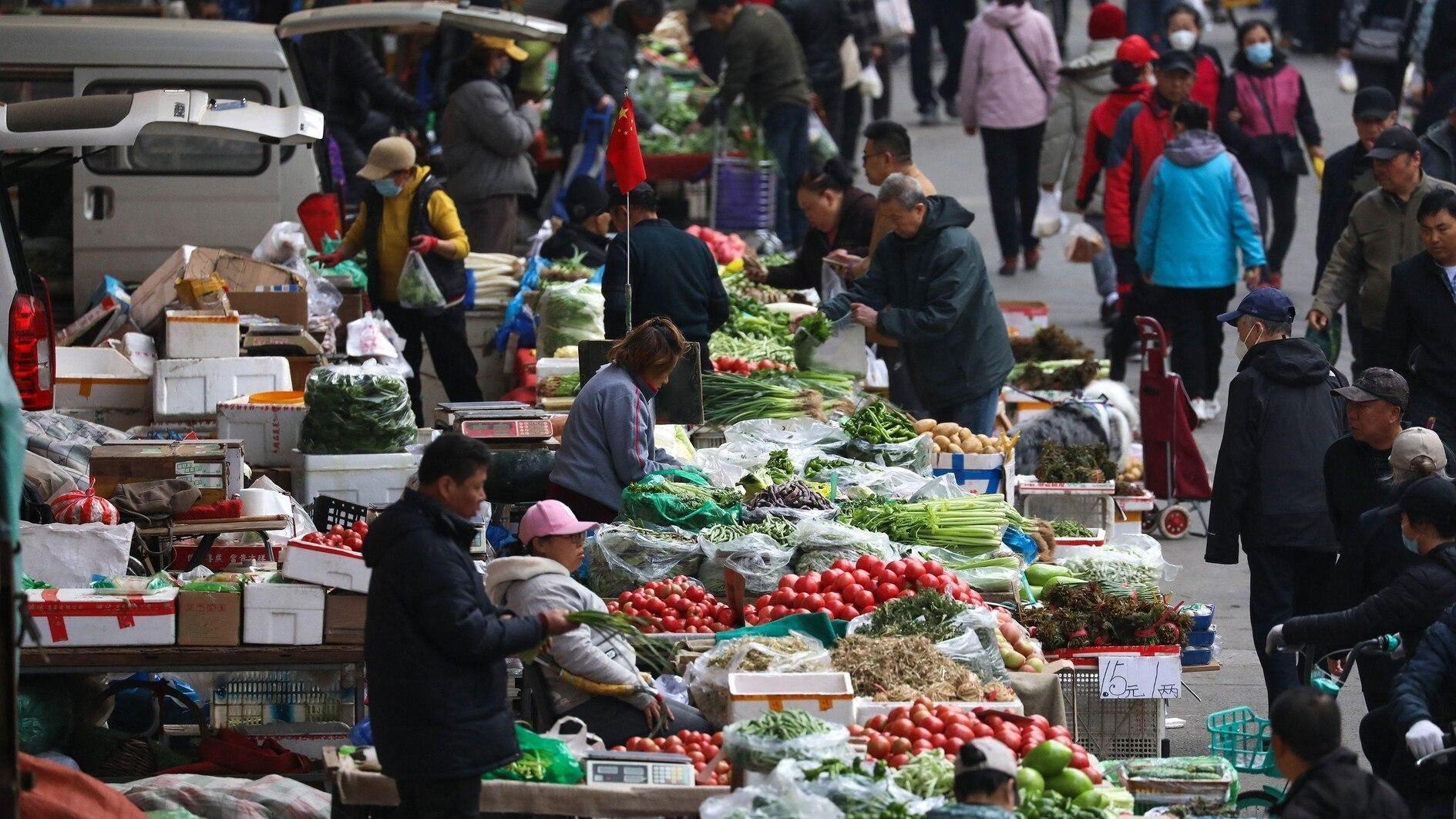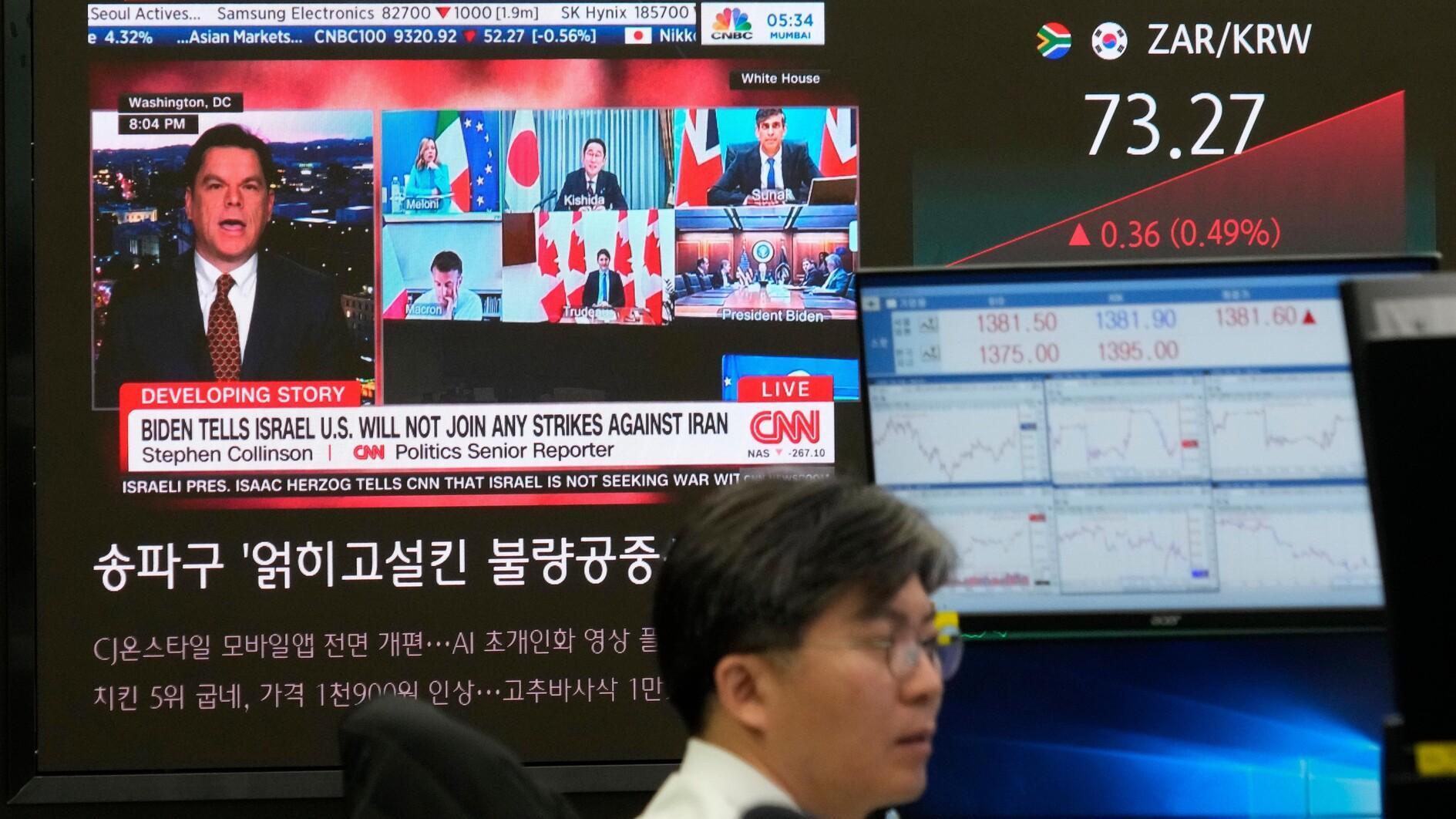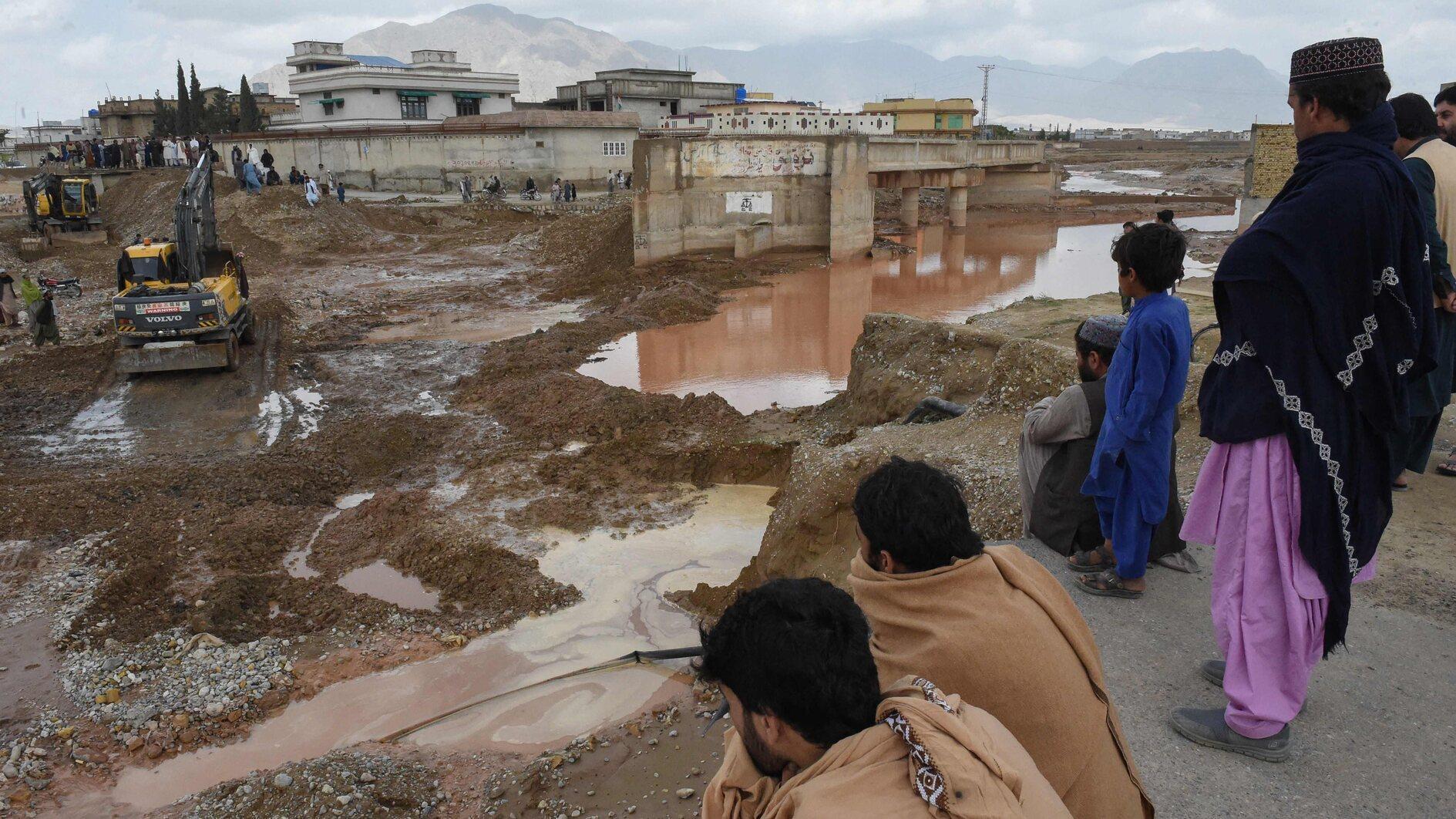A nation deprived of art has lost one of its life veins*
In this country, 49 percent of us have never been to a movie in their lives, 39 percent of us have never read a book, 66 percent of us have never gone to a concert or the theater; 86 percent of us have never been to a hobby course. The most frequent activity 85 percent of us have done is watch television, according to an IPSOS poll from last year.
Box office figures are high, but as you know, they are films like Recep İvedik and its derivatives.
In their free time, 93.9 percent of young people watch television, according to the Turkish Statistical Institute. When there are no quality culture and arts classes in schools, there are not many who develop a hobby related to culture and the arts.
In the Good Country Index, Turkey is in 58th place in culture.
All of this points to a similar situation: Society does not raise a finger to attend cultural activities. This can only be overcome with mobilization where everybody from civil society to institutions assumes a role.
But when we look at it, the institution where several names who have shaped Turkey’s cultural life have passed, Ankara University’s Faculty of Language History and Geography, has come to the point of closing its doors with the latest statutory decrees.
If there are those of you who wonder how we can survive the political and economic crises and keep up our hope, resistance and enthusiasm despite all this, well, the shortest way to it is through culture and the arts.
Without culture and art, there is no life.
According to the “Public Engagement in the Arts 2017” report of Istanbul Foundation for Culture and Arts (İKSV), the key word now is not marketing but participation.
Today, audiences at cultural and artistic events are not consumers for art institutions, they are partners. It’s not numbers but quality that is important.
Nevertheless, what can be done to get more people to participate in various culture and art activities more frequently and more easily?
At least 670,000 people with disabilities live in Istanbul but the culture and arts world cannot reach them.
At the third Istanbul Design Biennial, a hearing-impaired guide led the tour organized for a hearing impaired group. Maybe this is a small step but thanks to this tour, a group of people with disabilities were able to visit a biennial for the first time in their lives.
The municipality of Arnavutköy took a busload of people to the biennial for a week. If institutions, civil society and the public cooperate, these small groups will turn into a true mass in a couple of years.
We have cities that are ever growing and are undergoing demographic changes because of migration. A serious portion of the millions of migrants in Turkey lives in these cities. But we don’t see them at a concert or exhibition when we go.
It was a good idea to host 300 Syrian listeners at the Istanbul Jazz Festival for a concert in which Damon Albarn gathered with Syrian musicians. Cultural institutions can have an effect with these kinds of projects.
Municipalities should offer venues where the local population can easily reach.
İKSV Culture Policy Studies Director Özlem Ece said libraries have a high capacity because there is some kind of library in every town. “Atatürk Library is open all night; even at 3 o’clock in the morning, young people queue in front of the library. They come here to study but even this is a step. As a result, they are spending time in the library.”
Sabancı Museum has held a “neighbors day” and opened its doors for free passes to Emirgan residents, which formed a bridge for people who probably do not attend culture and art activities.
Today, cultural institutions do not have the luxury to think “How many more tickets can I sell?” They have a task such as reaching the audience and transforming them – like organizing a concert where Syrian refugees are included in the audience.
On the road to exiting political and economic depression, the healing effect of culture and arts, the feeling of confidence and the overall power of art should be acknowledged.
Culture and arts is a fantastic tool to facilitate social transformation. Of course, for those who know how to use it…
*Quote from Mustafa Kemal Atatürk.











